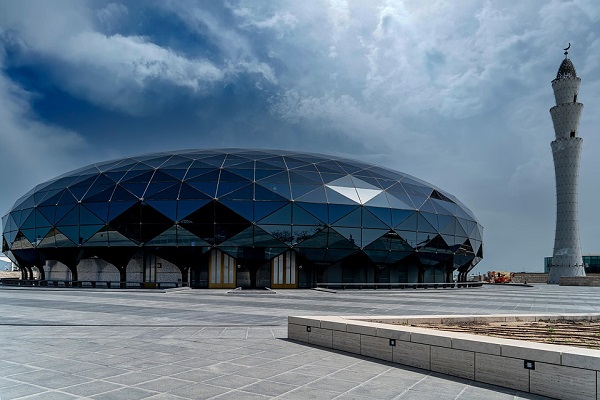"Discover the World: Importance and Evolution of International Tourism"

What is International Tourism?
International tourism refers to the movement of people across international borders for leisure, business, education, medical treatment, or other purposes. It includes both inbound tourists (visitors entering a country) and outbound tourists (residents traveling abroad).
Importance of International Tourism
Economic Growth
International tourism generates significant revenue for countries through spending on accommodations, transportation, food, and attractions, supporting millions of jobs worldwide.
Cultural Exchange
Travelers gain exposure to new languages, traditions, and lifestyles, promoting mutual respect and global harmony.
Infrastructure Development
To accommodate tourists, many countries invest in improving airports, roads, hotels, and public services, benefiting local communities.
Diplomatic Relations
Tourism fosters goodwill between nations and can enhance diplomatic ties.
Popular International Tourist Destinations
France: Known for Paris, the Eiffel Tower, art museums, and cuisine.
United States: Diverse attractions including New York City, national parks, and theme parks.
Thailand: Famous for beaches, temples, and vibrant street life.
Italy: Rich in history, art, fashion, and culinary delights.
Japan: Blends tradition and modernity with temples, cherry blossoms, and technology hubs.
Types of International Tourism
Leisure Tourism: Traveling for relaxation, sightseeing, and recreation.
Business Tourism: Trips related to work, conferences, and trade shows.
Medical Tourism: Seeking medical treatment abroad.
Educational Tourism: Studying or attending courses in foreign countries.
Adventure Tourism: Engaging in activities like hiking, diving, and safaris overseas.
Challenges in International Tourism
Travel Restrictions: Visas, security checks, and political tensions can limit travel.
Cultural Sensitivity: Misunderstandings or disrespect can cause friction between tourists and locals.
Environmental Impact: Increased tourism can strain natural resources and cause pollution.
Health Risks: Exposure to diseases or pandemics can affect travel safety.
Tips for Responsible International Travel
Research local customs and laws before visiting.
Respect cultural norms and traditions.
Choose eco-friendly accommodations and transport.
Support local businesses and communities.
Stay informed about travel advisories and health precautions.
The Future of International Tourism
Post-pandemic recovery is driving innovation in international tourism, with increased focus on sustainability, digital transformation, and personalized travel experiences. Virtual reality tours, contactless services, and health safety protocols are becoming standard.
Governments and organizations are working together to promote safe, inclusive, and environmentally conscious tourism that benefits both travelers and host communities.























